The Ebiil Society: Champions of Palau
Ann Singeo, founder of our partner organization the Ebiil Society, shares her vision for a thriving Palau and a flourishing world of indigenous science!
Our new online shop is live!
Published on
July 1, 2022
Written by
Island Conservation
Photo credit
Island Conservation
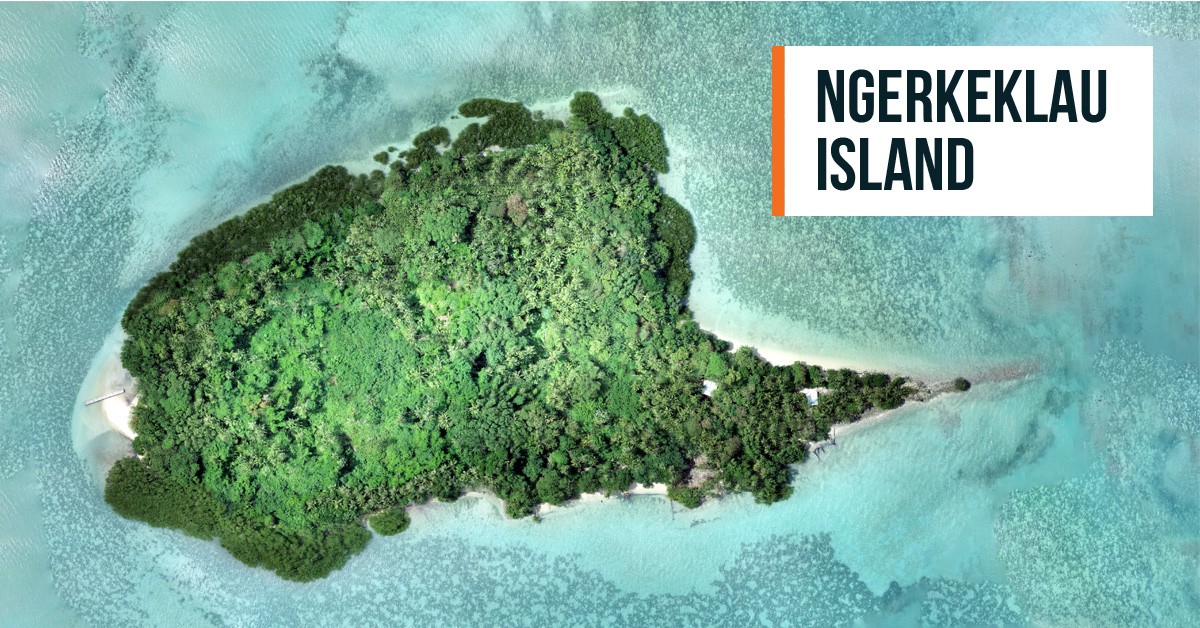
In March and April of 2022 Island Conservation and Envico Technologies successfully completed a rat eradication on Ngerkeklau Island. The team tested two different drone baiting platforms and made huge progress in the development, planning and implementation of drones for aerial baiting on tropical islands. The operation was a huge success thanks to a massive effort and continued support from the Ngarchelong State Rangers and the Ebiil Society. Island Conservation and the Ebiil Society are currently monitoring the island to detect any remaining rats, and plan to confirm the successful outcome of the operation in March 2023.
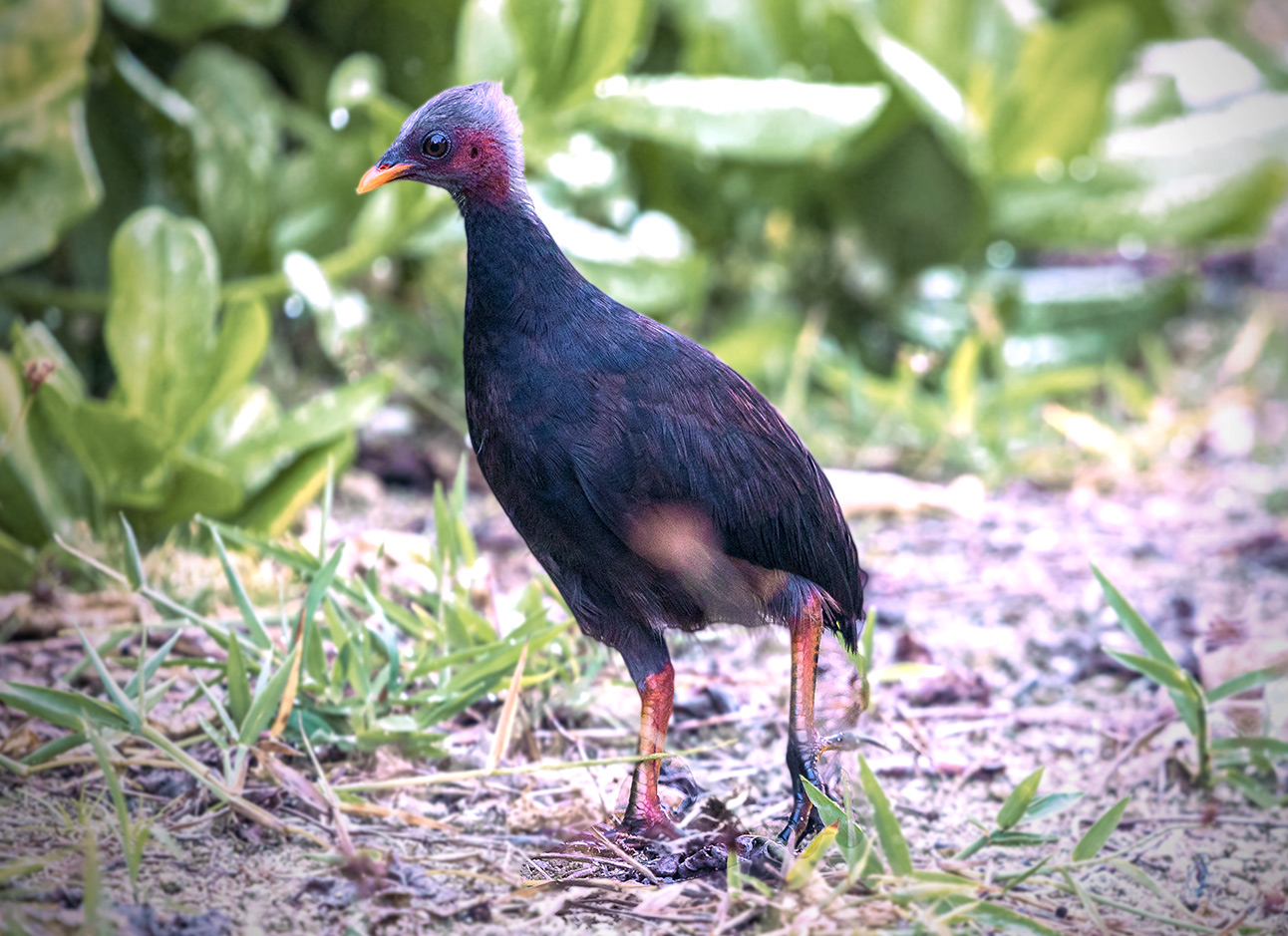
Drone technology can accelerate island eradications by making it easier to access remote and rugged terrain. With current practices, eradicating invasive species from islands is resource intensive, requiring the use of helicopters for larger islands and extensive personnel. Both the bait application and the post-eradication monitoring to confirm project success are expensive and time-consuming logistical challenges. What’s more, drones are safer than helicopters, and also emit less carbon.
Background
Ngerkeklau Island in Ngarchelong State, Palau, is a beautiful nature reserve owned by the state and managed by the Ebiil Society. Ngerkeklau is used as an educational site for youth and school groups, with facilities for classes and recreation activities. Its pristine mangroves, forests and stunning beaches provide habitat for unique Palauan birds, including megapodes. The island is also home to well-preserved historical and cultural sites, including early village foundations and defense walls once used to protect locals during battle.
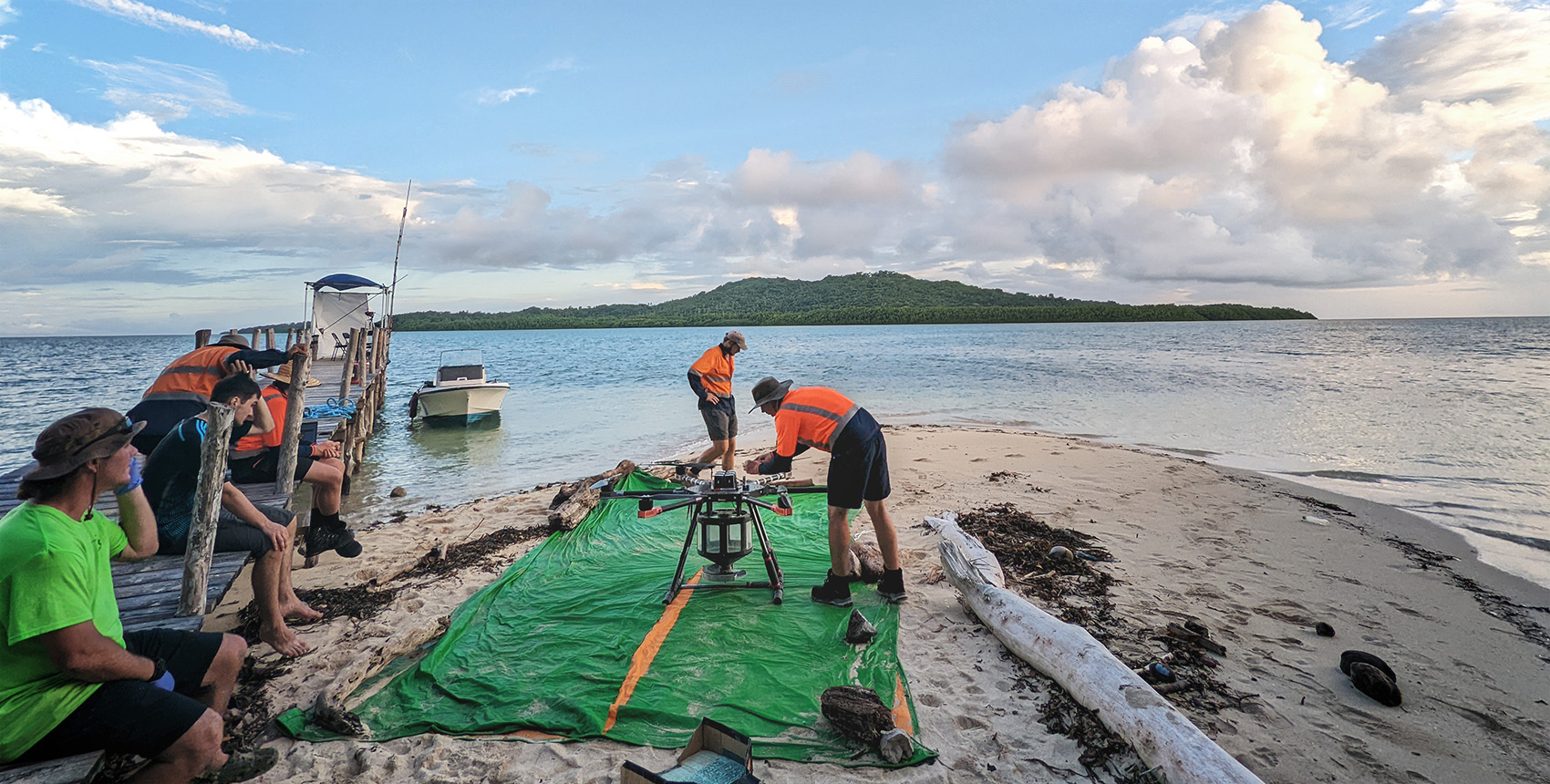
Unfortunately, the Palauan Megapode and Hawksbill Sea Turtle are vulnerable to predators such as invasive rats. The Ebiil Society approached Island Conservation with a request to assist with the eradication of rats from the island. At the time, Island Conservation was in the planning process for an eradication on Ulong, in partnership with Koror State and the Koror State Government Department of Conservation and Law Enforcement. Ngerkeklau presented an excellent opportunity to field-test baiting drones as a part of the planning process for Ulong, which is larger and more complex project.
Many thanks to the hard work from the Ngarchelong State Rangers, the Ebiil Society, Envico and the Island Conservation team.
Check out other journal entries we think you might be interested in.

Ann Singeo, founder of our partner organization the Ebiil Society, shares her vision for a thriving Palau and a flourishing world of indigenous science!

This historic agreement aims to protect the marine and coastal areas of the Southeast Pacific.

Our projects to restore key islets in Nukufetau Atoll forecast climate resilience and community benefits in Tuvalu!
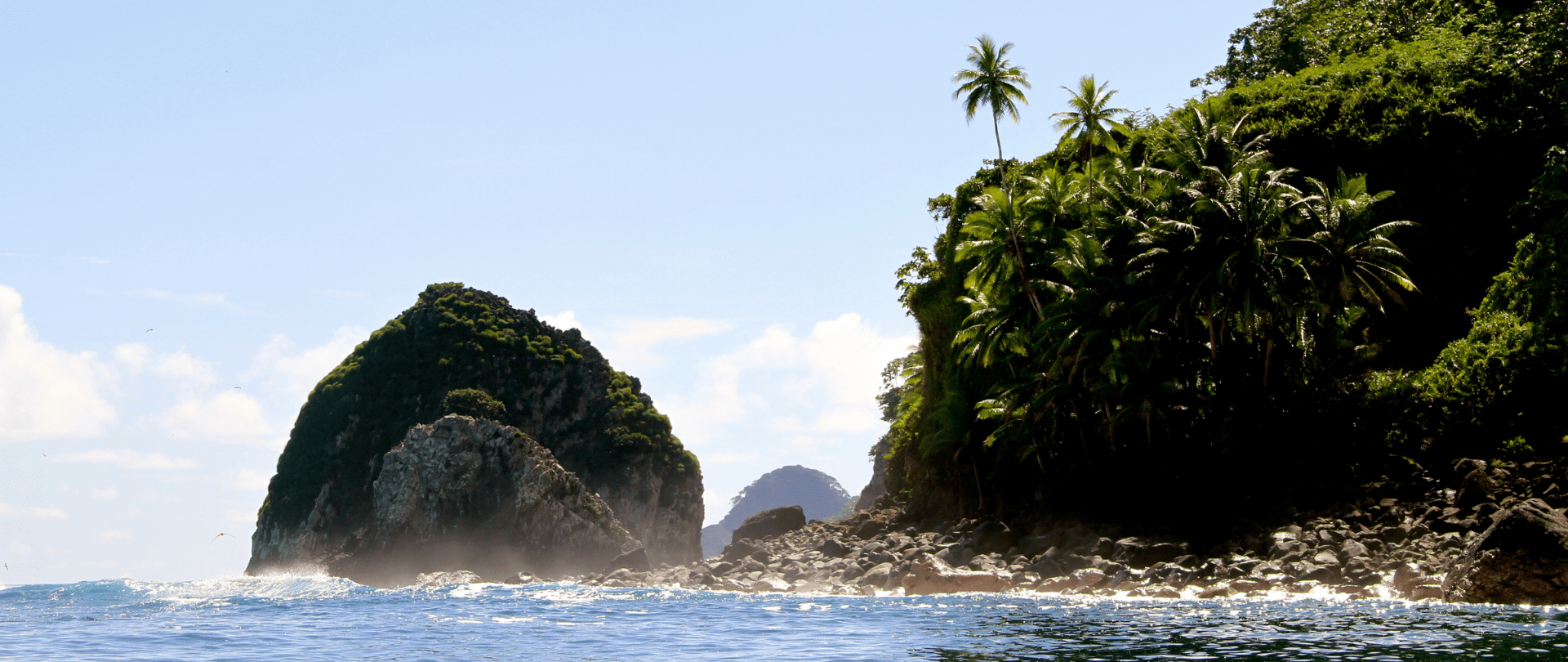
Island Conservation attended the 16th meeting of the Conference of the Parties to the Convention on Biological Diversity!

Island Conservation and partners have published a new paper quantifying ecosystem resilience on restored islands!

Climate Week NYC: what is it and why is it important? Read on to find out why Island Conservation is attending this amazing event!

With sea levels on the rise, how are the coastlines of islands transforming? Read on to find out how dynamic islands really are!

Join us in celebrating the most amazing sights from around the world by checking out these fantastic conservation photos!

Rare will support the effort to restore island-ocean ecosystems by engaging the Coastal 500 network of local leaders in safeguarding biodiversity (Arlington, VA, USA) Today, international conservation organization Rare announced it has joined the Island-Ocean Connection Challenge (IOCC), a global effort to…
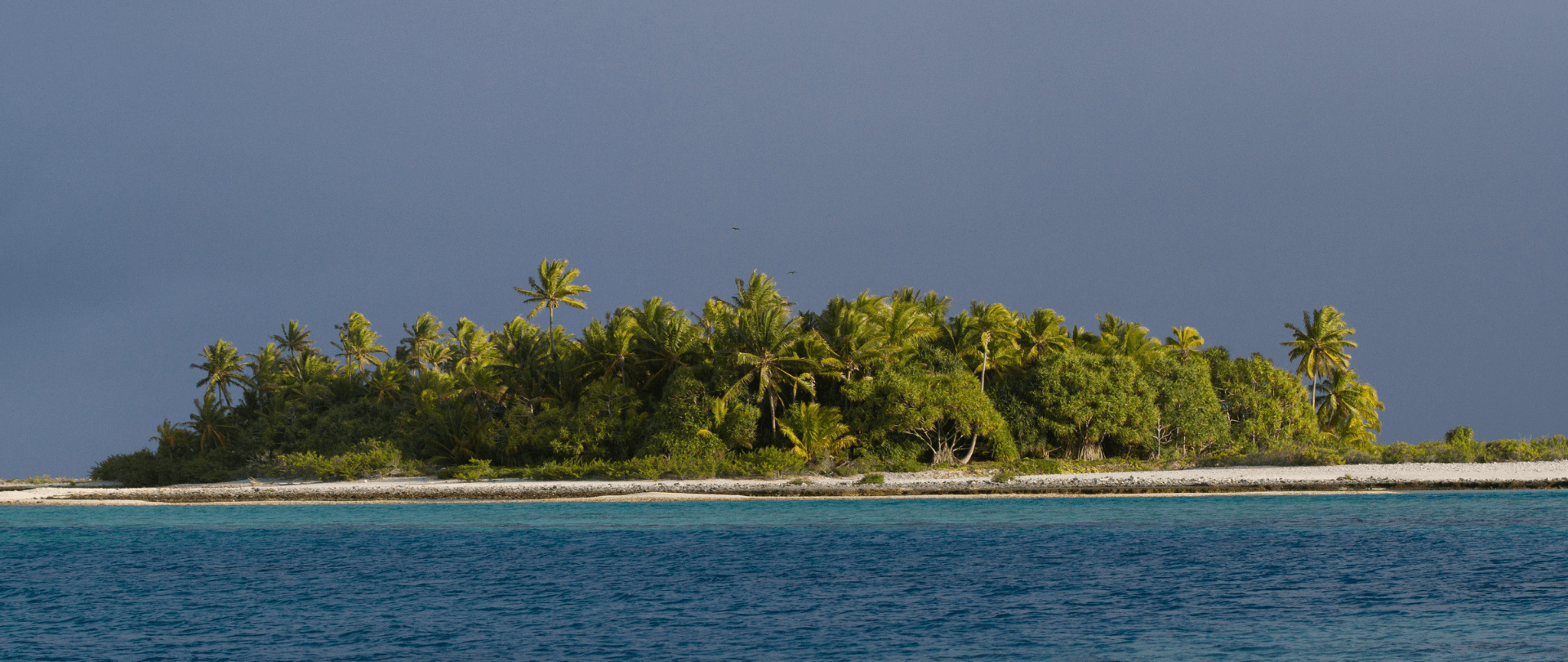
Island Conservation accepts cryptocurrency donations. Make an impact using your digital wallet today!